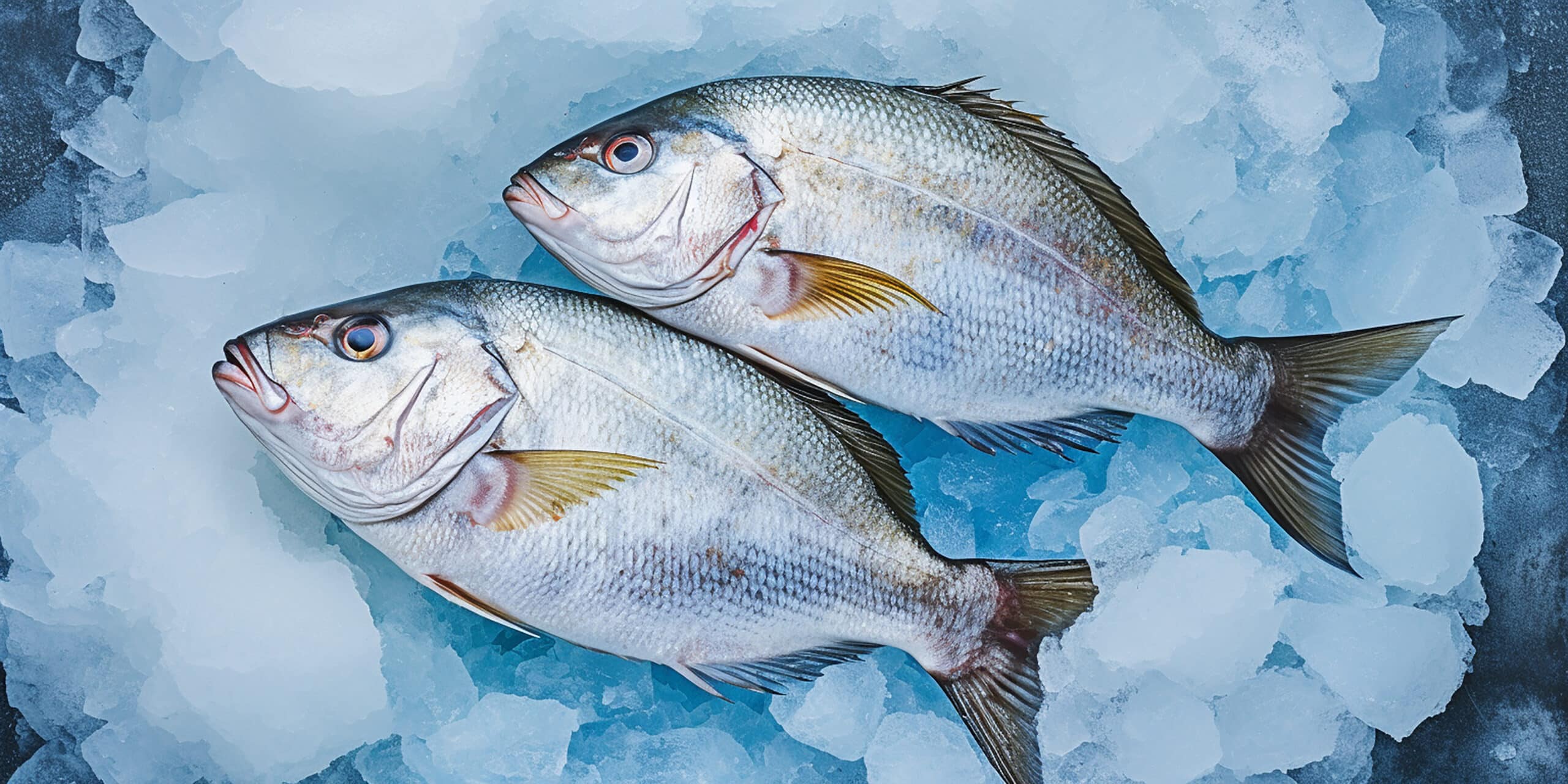Do Fish Bite Less When Cold?
Key Takeaways
- Fish bite less in cold weather due to their slowed metabolism and reduced feeding behavior.
- Choosing the right bait, fishing in deeper and warmer zones, and adjusting presentation can increase the chances of success in cold weather.
- Fishing during peak activity times, such as dawn and dusk, can also improve the likelihood of bites in cold weather.
One of the most common questions among anglers is whether fish bite less in cold weather. The answer to this question is not straightforward and can vary depending on several factors. However, after analyzing various sources and expert opinions, it can be concluded that fish do bite less in cold weather, but this does not mean they cannot be caught. With the right techniques and bait, anglers can still have success even in chilly conditions.
The Effect of Cold Weather on Fish
When water temperatures drop, the metabolism of fish slows down, which leads to a decrease in their activity levels and feeding behavior. Cold water affects fish feeding habits by slowing down their metabolism. As water temperatures drop, fish become more sluggish, and their digestion rates decrease. For example, the metabolic rate of bass declines by approximately one-third with every 18-degree drop in body temperature.
In prolonged cold spells, many species of freshwater fish feed very little. Fish such as tench, crucians, and rudd tend to reduce their feeding during colder months. However, some species like chub and roach continue to feed even in very cold conditions. This difference in feeding behavior can be attributed to the specific adaptations and preferences of each species.
Techniques and Tips for Fishing in Cold Weather
While fish may bite less in cold weather, there are still effective techniques and tips that anglers can employ to increase their chances of success. Here are some strategies to consider:
1. Choose the Right Bait
In cold water, fish may be less willing to chase after fast-moving lures. Therefore, it is important to choose bait that is more enticing and slower-moving. Live bait such as minnows, worms, or shrimp can be particularly effective as they appear more natural to the fish.
2. Fish in Deeper, Warmer Zones
As water temperatures drop, fish tend to seek out deeper, warmer zones. These areas can provide more favorable conditions for fish and increase the likelihood of bites. Using a depth finder or consulting local fishing reports can help identify these areas.
3. Adjust Your Presentation
In cold weather, fish may be less active and require a more subtle presentation. Slowing down your retrieval speed and using smaller, more finesse-style lures can entice bites from fish that are less willing to expend energy.
4. Consider Fishing During Peak Activity Times
Although fish may be less active overall in cold weather, they still have periods of increased feeding activity. Dawn and dusk are typically the most productive times to fish, as fish are more likely to be actively searching for food during these periods.
Conclusion
In conclusion, fish do bite less in cold weather due to their slowed metabolism and reduced feeding behavior. However, this does not mean that fishing in cold weather is futile. By employing the right techniques, choosing the correct bait, and targeting the right areas, anglers can still have success even in chilly conditions. Understanding the behavior and preferences of different fish species can also help tailor fishing strategies for maximum effectiveness.
Related Websites:
- Do Fish Bite in Cold Weather? – Up Ice Fishing
- Fishing in Cold Weather: Techniques, Gear, and Tips for Success – Fishbox App
- Understanding Fish Behavior: How Temperature Changes Impact Aquarium Fish – Pet Syllabus
- Water Temperatures Affect Feeding – American Sportfish
- How Do Water Temperatures Affect Fish and Fishing? – Lines on the Water
FAQs:
Q: Do fish bite less when it’s cold?
Yes, fish tend to bite less when it’s cold. Cold weather affects fish behavior and their metabolism slows down, making them less active and less likely to bite.
Q: How does cold weather affect fish feeding patterns?
Cold weather alters fish feeding patterns. Fish become more sluggish and their metabolism slows down, leading to reduced appetite and less feeding activity.
Q: What techniques can I use for fishing in cold water?
When fishing in cold water, it is important to choose the right bait and lures designed for cold weather fishing. Additionally, using slow and subtle movements to attract fish, and fishing in deeper water where fish seek warmer temperatures, can increase your chances of success.
Q: Should I only consider temperature when fishing?
No, temperature is not the only factor to consider when fishing. Other weather elements such as wind, barometric pressure, and cloud cover also impact fish behavior. It is important to consider these factors and adjust your fishing strategies accordingly.
Q: What are the key takeaways about fishing in cold weather?
In summary, fishing in cold weather requires understanding how it affects fish behavior and metabolism. Using appropriate techniques like choosing the right bait and lures, using slow movements, and fishing in deeper water can improve your chances of success. It’s also important to consider other weather elements in addition to temperature and adjust your strategies accordingly.






